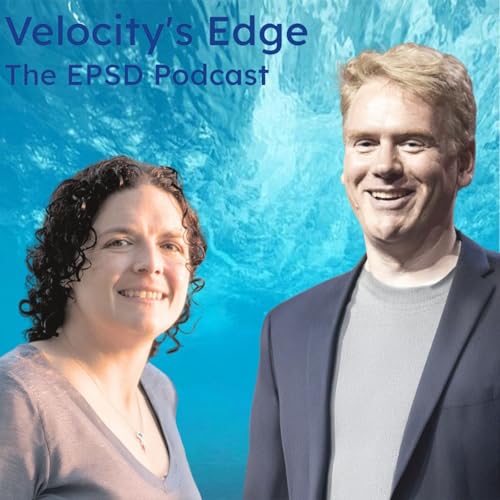
S1E4: Carla Geisser and Chris Swan on Crisis Engineering
カートのアイテムが多すぎます
ご購入は五十タイトルがカートに入っている場合のみです。
カートに追加できませんでした。
しばらく経ってから再度お試しください。
ウィッシュリストに追加できませんでした。
しばらく経ってから再度お試しください。
ほしい物リストの削除に失敗しました。
しばらく経ってから再度お試しください。
ポッドキャストのフォローに失敗しました
ポッドキャストのフォロー解除に失敗しました
-
ナレーター:
-
著者:
このコンテンツについて
Crisis engineering isn't about heroics. It's about recognizing when manual intervention becomes unsustainable and building systems that handle failure as a normal operating condition. As Carla Geisser puts it: "The incidents that actually matter to how people interact with technology are not security incidents…
They are: they can't log into their bank account, they can't buy their Taylor Swift tickets, they can't get on an airplane." The question isn't whether you'll have incidents, but whether you're consuming your entire organization's capacity fighting fires that should be routine.
In this episode of Velocity's Edge, Carla, Chris Swan, and Nick Selby explore the discipline of crisis engineering. Their conversation tackles essential questions: When does manual intervention become a resource problem that demands automation? How do you get out of incident mode as quickly as possible without leaving critical work undone? Why do organizations need to treat predictable events—Black Friday, tax day, major product launches—as declared disasters in advance? Most importantly, how do you build organizational memory and muscle for handling crises without burning out your teams?
Carla, an EPSD advisor and partner at Layer Aleph, pioneered Google's SRE principles, led the effort to rescue Healthcare.gov during its 2014 crisis, and guided Fastly's recovery from their global outage. Chris, an EPSD advisor and Engineer at Atsign, brings CTO experience from UBS and Credit Suisse. Nick, EPSD's founder and Managing Partner, has led crisis response across law enforcement and technology, from the NYPD to fintech and insurance companies.
As in all our episodes, we speak in plain, executive-summary business terms, framing complex business and technology strategic challenges in context, using language that makes them more accessible and actionable.
まだレビューはありません


